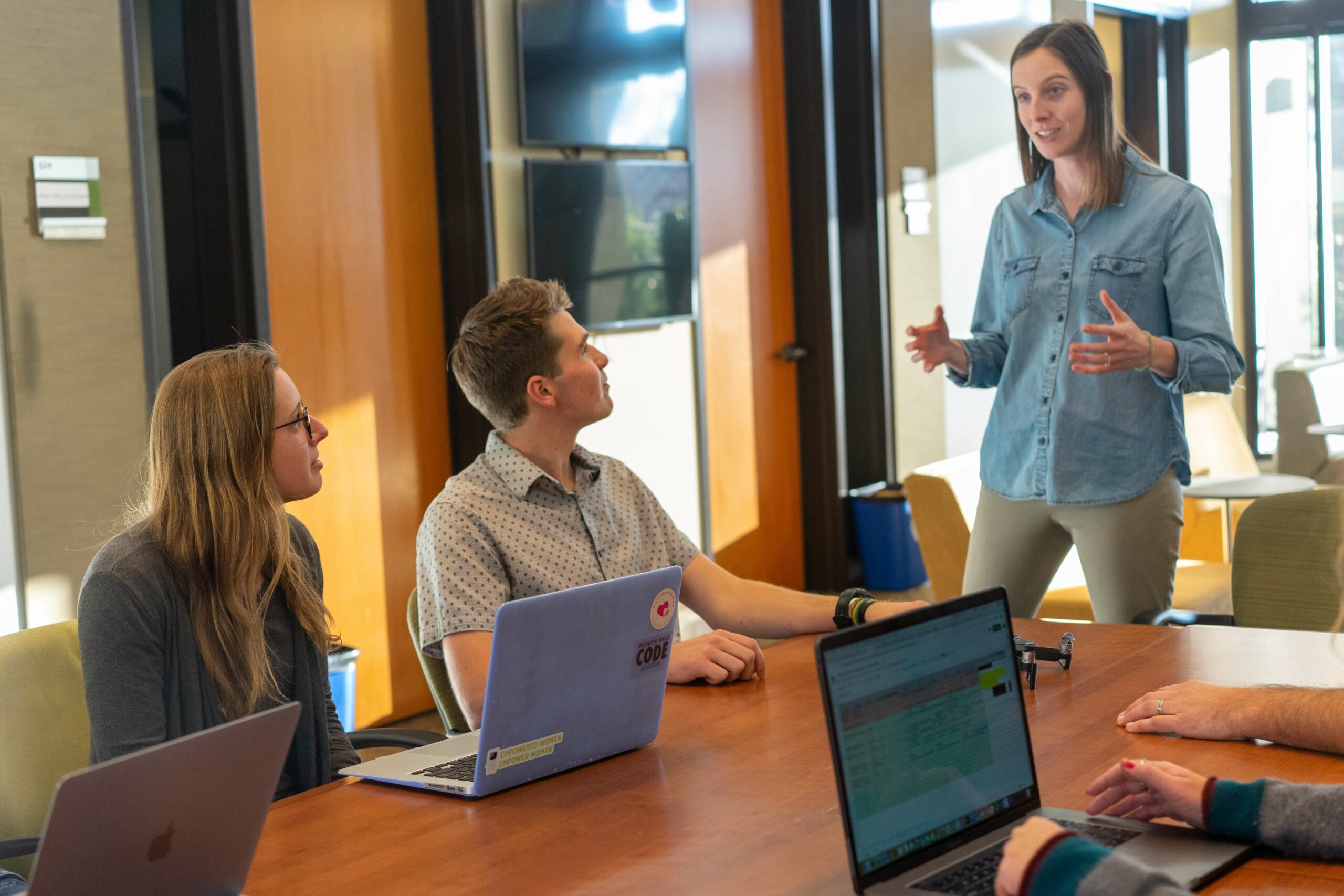Learnability is a concept that implies moving forward in our educational process at the same pace of society and business, and being in tune with an ever-changing world. Learnability is the ability to constantly learn new skills and thus remain employable in the long term. A person with learnability has the desire to learn and the positive attitude towards new challenges that will help him or her develop new skills.
How is a person with learnability?
A person who has a high capacity to learn and to adapt to new circumstances can be considered to have the capacity of learnability. The most important thing is attitude, i.e. being proactive in the face of new challenges, as well as being independent, creative and original.
A person with learnability is ambitious, likes new challenges, has a positive attitude, a willingness to learn and a high capacity to learn new functions.
Techniques to develop your organisation’s learnability
Individual learning of new skills is important, but organisations can foster this climate of constant learning and adaptation. Let’s look at how we can encourage learning in our organisation:
Explore the needs of the team
In order to develop new skills, the first thing to do is to ask ourselves where we can improve. If we identify the needs of our team, we will have a much more versatile team of professionals.
Learning “out of the box”
If you want to contribute to the development of talent and skills of your teams we have to think and look beyond what is already established. We have to adapt to new situations and be flexible.
Boost positive thinking
In any learning process, mistakes are common at the beginning. We can all make mistakes, and it is necessary to transmit a culture where errors are not punished, but commitment to solving problems that arise is encouraged instead.
Communicating success stories
An effective technique for learning is to draw inspiration from colleagues in different roles who, through their attitude or skills, have overcome complex situations. Therefore, sharing success stories is a very effective way of generating references for your teams.
Encourage “one to one” meetings
These meetings are the best way to assess the learnability of our employees, as we will have direct contact with them to learn about their skills and concerns.
Encourages cross-departmental collaboration
Connecting with different professional profiles brings us into contact with people who carry out different functions and who therefore act and work in different ways. Interdepartmental work is a guaranteed source of learning.
Cultivate proactivity
A proactive person anticipates problems, adapts to change and will take action to respond to difficult situations before they get out of hand, including learning new things when needed, which goes hand in hand with learnability.
Embrace diversity
Several studies show that we tend to relate, both online and physically, to people who are similar to us. One of the key points in order to enrich our education is to appreciate other people’s values and points of view.
Organise knowledge transfer sessions
When one professional learns, so does the whole team. For organisations, one of the main benefits of learnability is that experience and know-how become a valuable asset that can be shared between different people in the same organisation.





